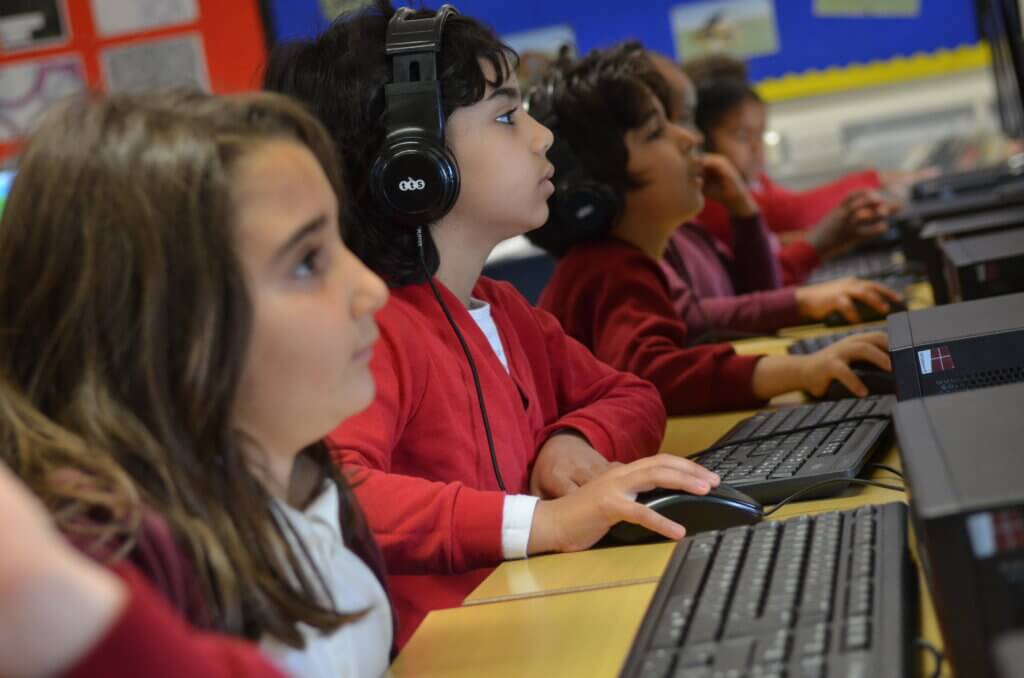Chancellor announces £2.3 billion increase to the school budget
In the Chancellor’s Autumn budget statement delivered this week, it was announced that the core schools budget will be increased by £2.3 billion for the 2025-26 financial year. Of that extra funding, £1 billion has been allocated to SEND and alternative provision. This is expected to be used to erase around £865 million from councils’ SEND deficits next year. The remaining increase will continue to fully fund this year’s 5.5% pay award for teachers and help cover pay awards in 2025-26.
Julia Harnden, Funding Specialist at the Association for School and College Leaders (ASCL), welcomes the additional funding for SEND, but says there now needs to be a long-term plan to ‘ensure funding always gets to the frontline so that all children and young people with SEND get timely and appropriate support.’
Chancellor Rachel Reeves also announced that employers’ national insurance contributions would increase by 1.2% from April 2025 next year. The National Foundation for Education Research (NFER) estimates this will result in a cost of more than £200 million to school budgets in England. However, the Treasury confirmed after the Budget that public sector bodies, including schools, would receive additional funding for this.
The Department for Education (DfE) is set to receive £6.7 million in capital funding next year. This includes £1.4 billion for the current school rebuilding programme. Another £2.1 billion is dedicated to improving the condition of the school estate, rising from £300 million this year. The remaining funds will help to cover children’s homes, colleges, and deliver on the existing pledge for 3,000 more school-based nurseries. Chief Executive of the Confederation of School Trust (CST), Leora Cruddas CBE, says the increase to the capital budget is ‘a small step towards addressing the long-term backlog in repairs after years of falling investment in school buildings, but leaves much more to be done.’
Private schools to launch legal challenge against VAT policy
In the Autumn Budget, the Chancellor confirmed plans to introduce VAT on private school fees from January 2025. As a result of this policy, the government estimates that 37,000 pupils will leave or never enter the UK private school sector. This is equivalent to 6% of the current private school population.
It is estimated that 35,000 pupils will move into the UK state sector over a long-term period. In total, this will cost £300 million, however the cost is set against the estimated £1.8 billion generated by the VAT policy. Around 3,000 pupils are expected to move before the end of the 2024-25 academic year. Julia Harnden, Funding Specialist at the Association of School and College Leaders (ASCL), has expressed concern about ‘the introduction of VAT on independent schools in the middle of an academic year’ and recommends that the government carries out an impact assessment.
The Independent Schools Council (ISC), a body representing 1,400 private schools, has voted to launch legal action against the government’s decision to levy VAT on their fees. Julie Robinson, CEO of ISC, says ‘we will be defending the rights of families who have chosen independent education, but who may no longer be able to do so as a direct result of an unprecedented education tax.’ The ISC will centre its case around alleged breaches of the European Convention on Human Rights (ECHR) and Human Rights Act 1998. Action will be brought around Article 14, the prohibition of discrimination, and the first protocol of Article 2, the right to education.
The education policy questions facing the new government
The Sutton Trust has published a report reflecting on how education has been shaped by policies and funding decisions over the last few decades. One major change has been the rise of multi-academy trusts (MATs), with more schools making the switch to academy status. Additionally, accountability pressures have increased, with governments introducing sanctions for schools where fewer than 25% of pupils achieved five good GCSEs, or powers to speed up the conversion process of those who received poor Ofsted grades.
Funding has also changed over time. Between 2010 and 2020, spending per pupil declined, and though it has risen since, it remains below 2010 levels in real terms. Teacher salaries also faced real-terms cuts from 2007 to 2021 due to pay freezes and caps. While recent pay awards exceeded inflation, early career teachers still earn about 4-5% less in real terms, with experienced teachers facing an 8% decrease. The report also suggests that the focus on supporting disadvantaged pupils has declined in recent years, with changes to the funding formula directing funding to schools with better-off intakes and the failure of pupil premium funding to keep pace with inflation. Researchers say there has been no real progress in closing the attainment gap and any small gains have since been lost in the aftermath of the pandemic.
More broadly, England’s performance on tests in English, reading and maths has remained relatively steady or shown some improvement. But researchers point out that ‘things look more mixed when it comes to how students are faring pastorally.’ The number of young people engaging in negative behaviours, such as smoking, drinking and drug-taking, has fallen dramatically. However, more young people are struggling with mental health. There has also been an increase in diagnosis of neurodiversity, including autism and ADHD, and other categories of Special Education Need and Disability (SEND), like “speech and communication.” These challenges stand alongside wider issues related to child poverty. As a result, teachers have increasingly taken on work to provide social and emotional support to students as services provided by other agencies have been cut.
The report concludes ‘it is hard to see how many of the challenges schools face – from teacher recruitment through to a run-down school estate – will be fixed without investment.’ Yet, there is very little money to pay for solutions. Therefore, the government must choose where to focus its investment, especially around the lives of the most vulnerable pupils, and the impact this is having on schools and colleges.
One Education has a strong history of raising standards in education. Our success is a testament to the knowledge and experience within our team, as well as the passion and enthusiasm which we share with our schools.
To find out how we can support your school, please get in touch.
Please complete the form below and we will get in contact as soon as we can to help you with your query.















